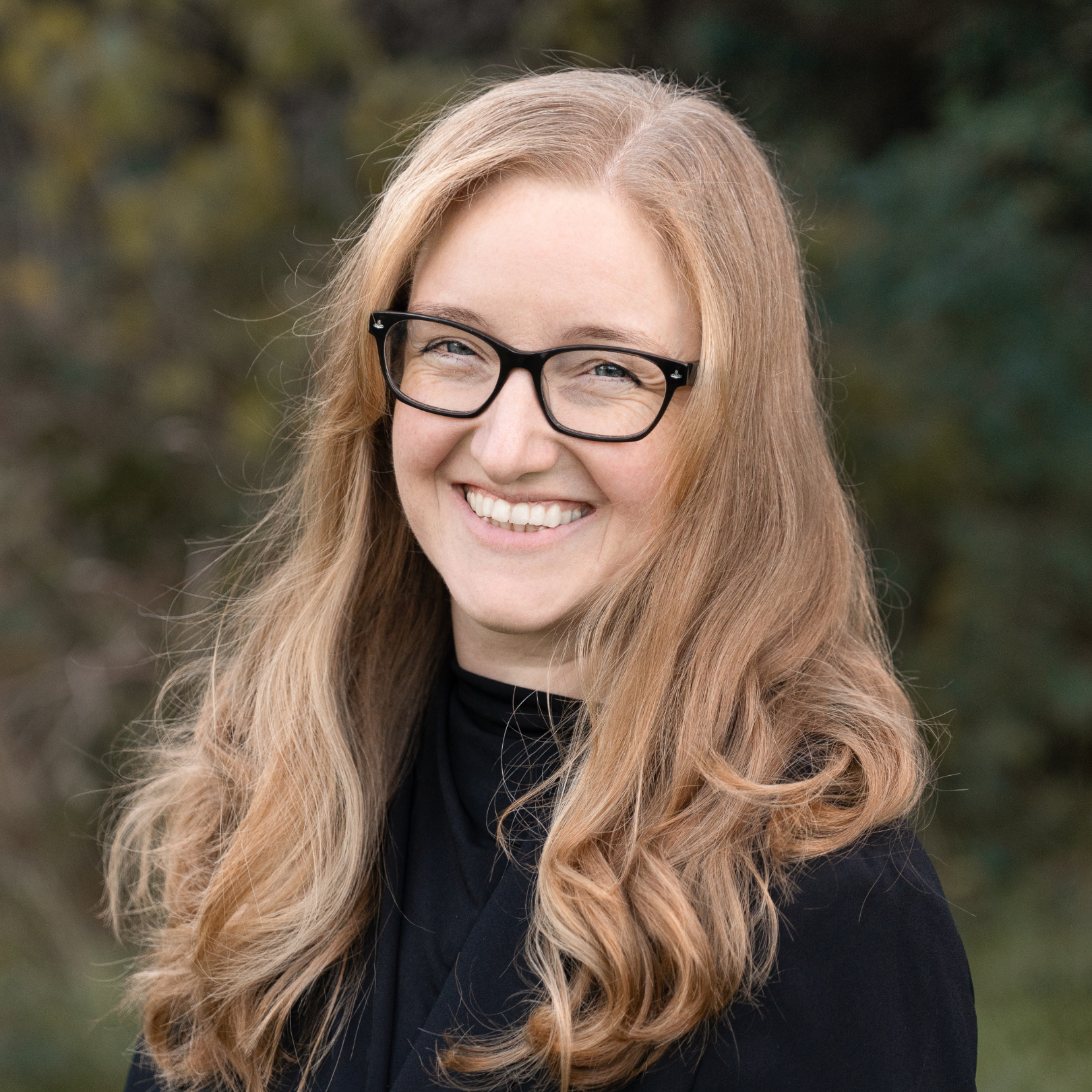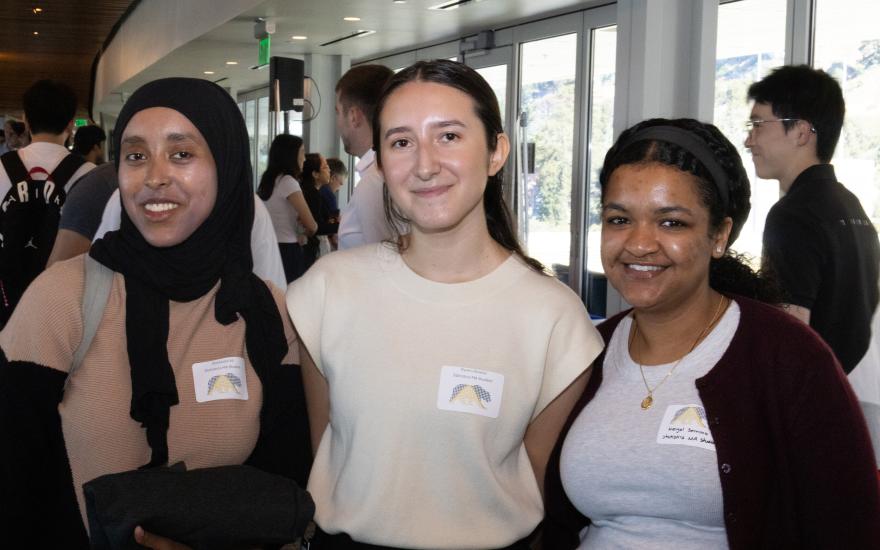The Berkeley Institute for Data Science (BIDS) welcomed Kirstie Whitaker as its executive director last month. BIDS is an interdisciplinary data science community and part of the College of Computing, Data Science, and Society.
No stranger to UC Berkeley, Whitaker received her PhD in neuroscience before completing a postdoc at Cambridge University. She spent the last eight years in London at the Alan Turing Institute, first as a research fellow mentoring doctoral projects on topics including machine learning prediction for brain imaging, and contributing to design and delivery of their data study group initiative.
Most recently, she served as one of Turing’s research program directors, leading a workstream within AI for Science and Government and building teams of research community managers. She founded and served as principal investigator for The Turing Way, an open-source handbook and community that shares best practices for reproducible, ethical and collaborative data science.
CDSS News asked Whitaker about her new role and longstanding interest in supporting open-source scholarship and architecture. This Q&A has been edited for length and clarity.
What are you most excited about in your new role at BIDS and return to Berkeley?
BIDS is well positioned to be a convener of disciplines – bringing people together, welcoming them, providing training that allow people to bridge different silos and different areas of expertise. We can also track these conversations and the long-term impact of bringing people together in order to work together.
I’m excited about the vision that Fernando Pérez, BIDS faculty director, shared in positioning Berkeley to be a center of excellence for open scholarship, open source and interdisciplinary collaboration. Together with Tim Tangherlini, BIDS associate faculty director, we’re combining disciplines, expertise and opportunities in open-source data science with community-engaged scholarship.
Berkeley is already a world leader in contributing to scientific open-source projects, but there’s always work to do to harness and coordinate our shared societal responsibility. It felt like there was nowhere else that was going to be able to invest in what I think is the most important work to be doing at this time.
What opportunities do you see for BIDS in developing open-source scholarship and infrastructure?
We want BIDS to be seen as a welcoming and inspiring place on the Berkeley campus that engages and listens to the humanities, social sciences, journalism and law in conversation with computer science, data science and statistics – finding ways to have everyone feel this is a space where they will be heard and their contributions respected.
Open source infrastructure, in its best forms, is unbelievably powerful. It really reduces some of the barriers to entry and participation. It’s transparent, reusable and extendable.
One of the great benefits of open source is that you are focused on making whatever the output is usable and available. People can discover it. They can understand it, they can interrogate it and – with an open-source license – they have the right to use it. BIDS can help by espousing the ideas and philosophy behind open source – but importantly, we can also help develop projects and products that do open source well in terms of user interface, experience and design so that they are better enabled for use by others.
An iterative development cycle means that you have to be thinking about the end user and bringing them into the design of the process right from the very start. At BIDS, we aim to help people to talk across disciplinary and expertise silos, and also help people to continue to engage with potential users across society over time and in iterative cycles that allow us to deliver something that's really valuable.
How do you measure impact in open source work?
If you subscribe to the power of open source, you have to be okay with the fact that somebody else is going to benefit from the work that you've done. That may even be the goal! These benefits can be hard to track since you don’t outright “own it,” so you won’t necessarily know what others have done with the original work. In projects that I've run, we aim to be a warm and engaging community that invites people to come back and tell us what they've done with it.
In a sense, you need to have the confidence to collect impact stories from others, which is a great way to scale how your work is changing the world. We can do a lot more if other people are building on our work. A best case scenario is to build a collaborative ecosystem of projects that are sharing processes where they can and keeping their own projects easy to understand. The Scientific Python community is a great example where BIDS team members are already demonstrating that coordination and leadership.
I look forward to nurturing these communities at BIDS.




